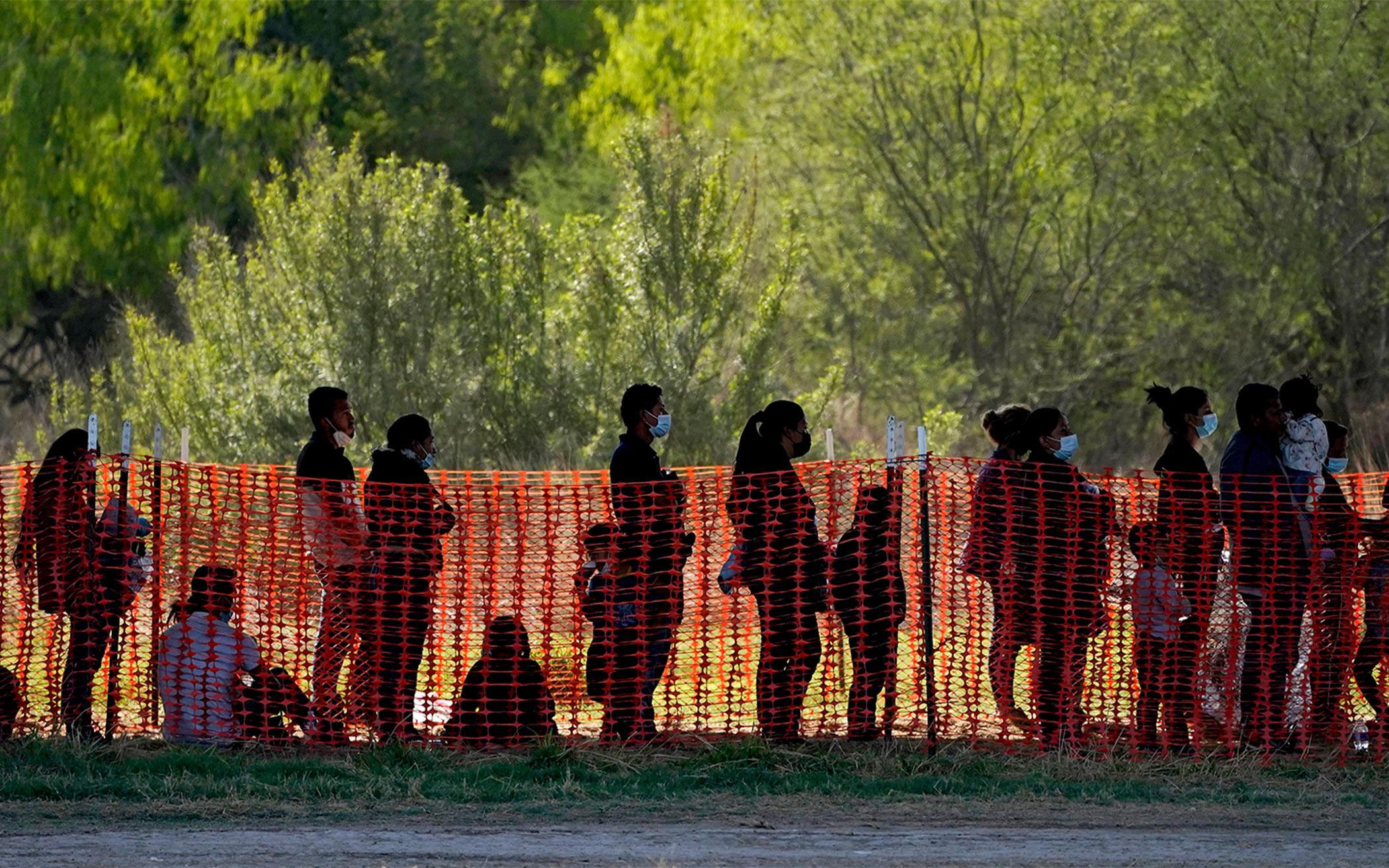The Banner has a subscription to republish articles from Religion News Service. This story by Jack Jenkins was published on religionnews.com Feb. 4. It has been edited for length and a paragraph with context for the Christian Reformed Church has been added.
Back in 2013, creating a pathway to citizenship for millions of undocumented immigrants in the U.S. was the rare issue that virtually all major American religious groups could agree on. The cause was so unifying that conservative evangelicals joined liberal leaders from other faiths that year to muster an unsuccessful but vibrant faith-based campaign to push Congress to pass immigration reform.
But according to a new poll from the Public Religion Research Institute, that united religious front on the issue might be a thing of the past.
In a survey released Feb. 3, PRRI found that, while overall support for a pathway to citizenship has remained virtually unchanged between 2013 and 2021 (63% to 62%), some faith groups have undergone notable shifts. Support among white Catholics dropped from 62% to 54%, for example, and those who claim a non-Christian religion dipped from 68% to 55%.
The most notable shift occurred among white evangelicals: In 2013, most of them (56%) backed a pathway to citizenship in 2013, but now only 47% say they support it today. That makes white evangelicals the only religious group without a majority who support a pathway to citizenship, a difference that widens when limited to those who attend religious services weekly or more (58% to 45%).
Small downward shifts also occurred among white mainline Protestants (61% to 59%) and Hispanic Catholics (74% to 70%). Other faith communities trended in the opposite direction. Black Protestants are now the most supportive religious group regarding a pathway to citizenship, rising from 70% in 2013 to 75% in 2021. Support among religiously unaffiliated Americans also increased to 69% from 64%.
Meanwhile, several major groups are now more likely to describe immigration as a “critical issue.” In 2013, it was a minority position among white evangelicals (38%), white Catholics (36%) and white mainline Protestants (32%). But last year, majorities of all three said they see the issue as critical, with white Catholics topping the list (57%).
Religiously unaffiliated groups barely changed how they gauge the importance of the issue in that same period, rising only two percentage points to 32%.
Among white evangelicals who do view immigration as a critical issue, only 34% expressed support for allowing undocumented immigrants to become citizens provided they meet certain requirements. They were more receptive (41%) to allowing immigrants brought illegally to the U.S. as children to gain legal status, a policy known as Deferred Action for Childhood Arrivals, or DACA.
Immigration is one of seven issues on the priority list for the Christian Reformed Church’s Office of Social Justice. It has facilitated advocacy in the United States to support permanent immigration solutions.
The recent survey showed not much change in white evangelicals’ agreement with the statement “the growing number of newcomers from other countries strengthens American society.” White evangelicals remain the group least likely to say yes, shifting from 38% to 35% from 2011 to 2021.
The religiously unaffiliated, meanwhile, saw a marked shift and are now the group most likely to say immigrants strengthen society: Support shot up from 65% to 74%. An even more dramatic change took place among Black Protestants: While only 48% agreed in 2011, 69% do now.
About the Author
Religion News Service is an independent, nonprofit and award-winning source of global news on religion, spirituality, culture and ethics.

